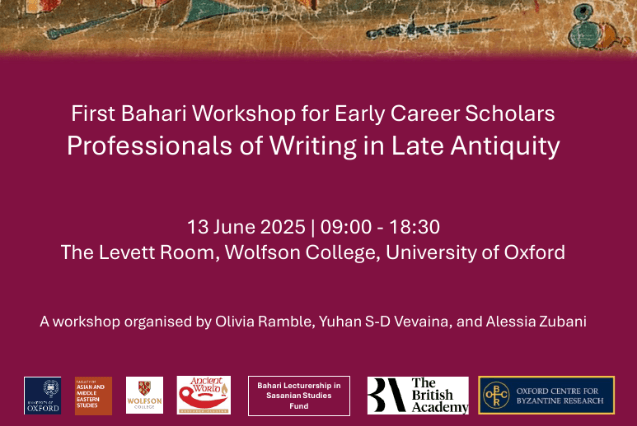Macuch, Maria. 2025. Sasanian law in its social context (Iranica 34). Wiesbaden: Harrassowitz Verlag.
Sasanian law has remained largely an unknown entity outside the specific field of Iranian Studies due to the immense difficulties involved in understanding the relevant legal sources. Sasanian Law in its Social Context by Maria Macuch is the first attempt to reconstruct the legal system of Sasanian Iran (224–651 CE), systematically and in detail, covering all areas of law as far as they can be reconstructed on the basis of the available material.
Macuch focuses mainly on Middle Persian sources and original documents in the Pahlavi cursive script, but also makes extensive use of other significant legal texts mentioning Sasanian law, including the Babylonian Talmud, Syriac, Arabic and New Persian sources. Besides describing the basic institutions in all legal fields, the work aims to understand fundamental legal concepts reconstructed from the dispersed, often fragmentary and enigmatic material, and to explain the main functions of the vast network of intertwined legal constructions in the field of family and property law. It is argued that this specific complex of characteristic institutions, unique to the Sasanian legal system, only makes sense within the framework of a strictly hierarchical social system that granted considerable privileges to its aristocratic and religious elite. The significant impact of Sasanian law on other legal systems is discussed throughout the work and specifically in the last chapter. Numerous Middle Persian texts with new editions and translations by the author are assembled in the appendices. Pahlavian legal terms and phrases are clarified in the glossary.










